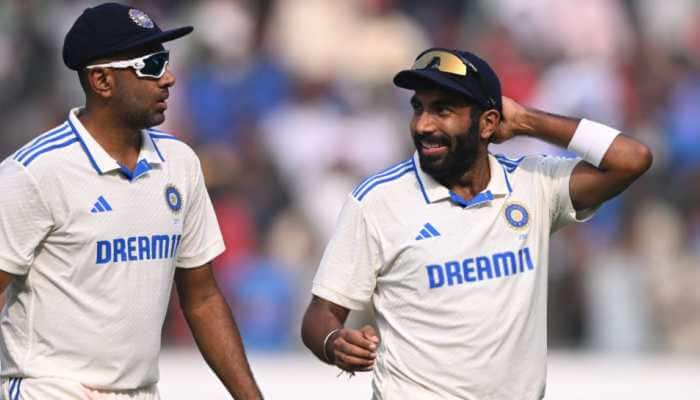How triple talaq case reached Supreme Court – Must Read
Shayara Bano is the petitioner who moved the Supreme Court on the 'triple talaq' issue.
Trending Photos
)
New Delhi: Shayara Bano is the petitioner who moved the Supreme Court on the 'triple talaq' issue.
A five-judge bench headed by Chief Justice JS Khehar on Thursday began its hearing a batch of petitions challenging the constitutional validity of "triple talaq" and to know whether it was fundamental to Islam.
The bench comprises of the CJI, Justices Kurian Joseph, RF Nariman, UU Lalit and Abdul Nazeer.
Bano, who approached the apex court this year, has said it is time for the 'patriarchal' Muslim society to accord equal rights to women.
Shayara Bano from Uttarakhand has appealed to the SC to declare the triple talaq as unconstitutional.
The 37-year-old post graduate in sociology from Kashipur in Udham Singh Nagar, has claimed that her husband forced her to undergo six abortions.
Bano knocked at the doors of the SC after her husband last October sent a letter to her with "talaq, talaq, talaq" written on it.
In her petition in the Supreme Court, among other reliefs, Bano has asked for declaring the practice of 'talaq-e-bidat' (triple talaq), polygamy and 'nikah halala' as illegal and unconstitutional since these violate the rights guaranteed by the Constitution, including Articles 14, 15, 21 and 25.
Bano says a ban on triple 'talaq' will help improve the condition of Muslim women.
Talking about the hardship she had faced after her husband gave her triple talaq, Bano had earlier said, ''I have approached the highest court with an appeal that triple talaq be declared unconstitutional so that coming generations of Muslim women aren't exploited like me.''
Triple talaq is a practice under which a husband can verbally divorce his wife by uttering the word "talaq" thrice.
Notably, the Modi government has pitched against 'triple talaq' and added fuel to the contentious debate on the Muslim divorce practice.
Making its stand clear on the contentious issue, the Centre has informed the top court that “Triple talaq, 'nikah halala' and polygamy violate Muslim women's right to equality and dignity and are not protected by the right to profess, practise and propagate religion under Article 25(1) of the Constitution.”
Stay informed on all the latest news, real-time breaking news updates, and follow all the important headlines in india news and world News on Zee News.
Live Tv







)
)
)
)
)
)
)
)
)
)
